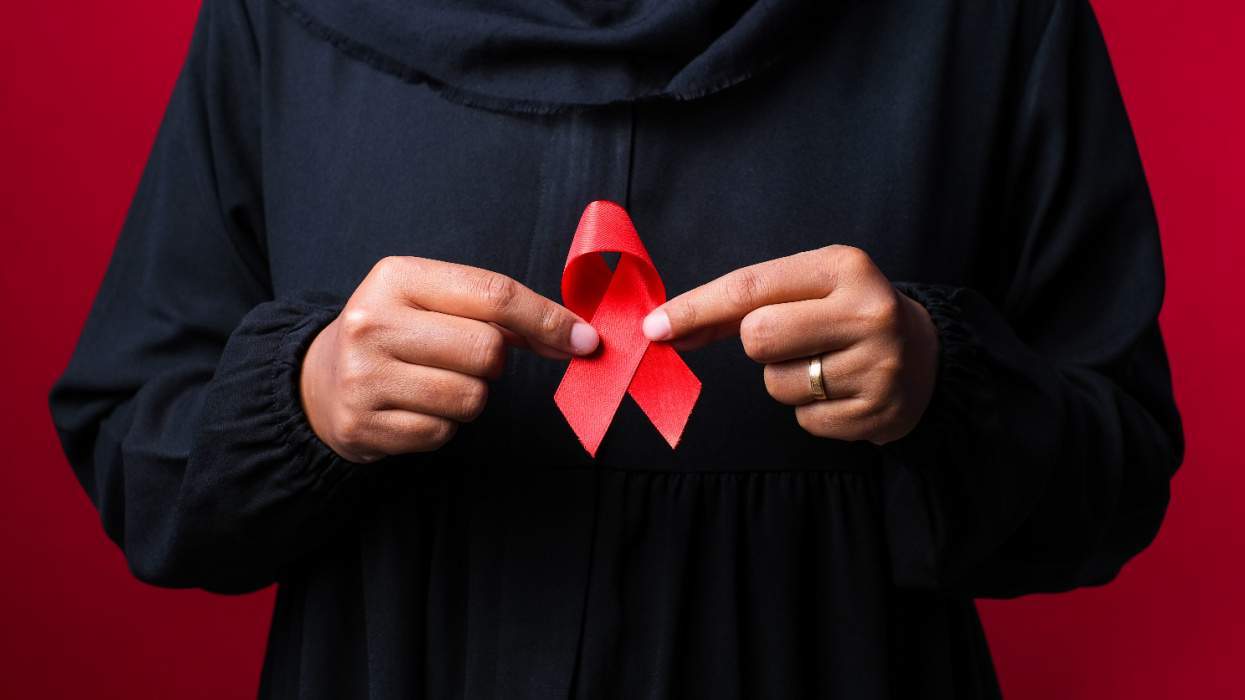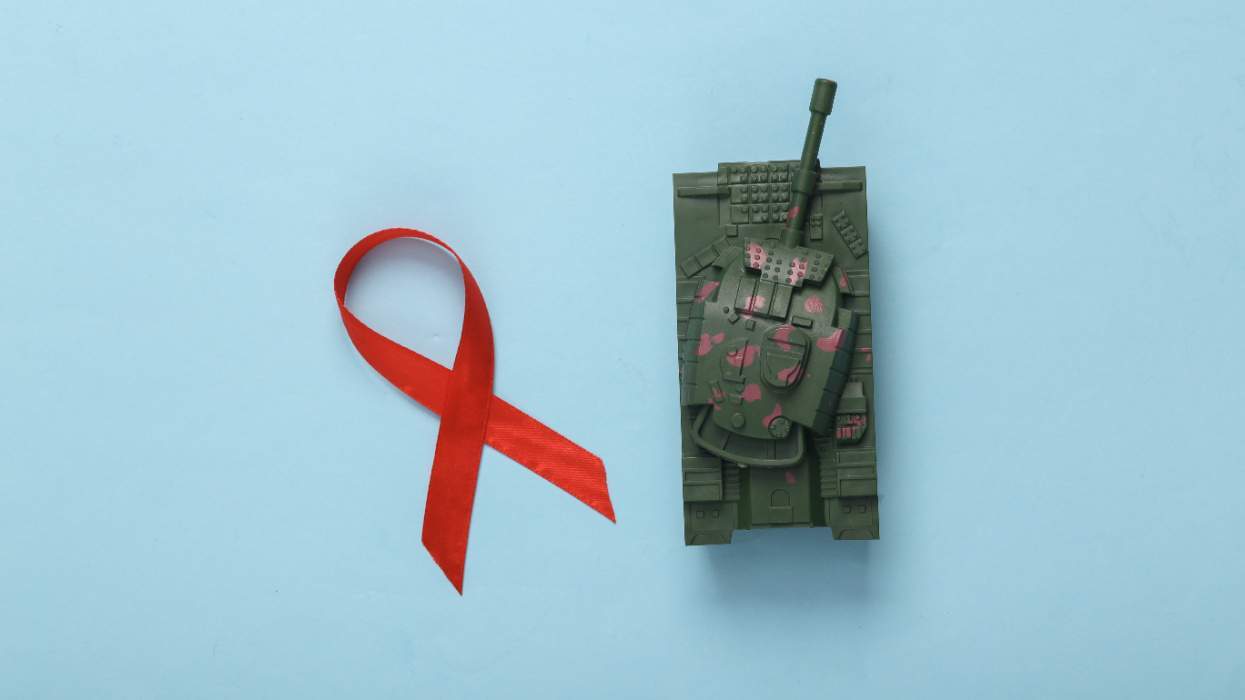After two decades, Duke researchers have made a breakthrough in an HIV vaccination for infants.
Dr. Genevieve Fouda, a researcher at Duke University, headed up the team that reevaluated findings from multiple 1990s pediatric HIV vaccine clinical trials, according to The Chronicle. The research team found that key antibodies were overlooked that protects children from the transmission of HIV through breastfeeding.
"The period of breastfeeding in developing countries is between twelve and twenty-four months," Fouda told The Chronicle. "If a vaccine could provide protection for the first two years of life, in the case of pediatric HIV, that would be great."
Researchers found that 50 percent of the children in the original study showed an immune response that could lead to a way of preventing pediatric HIV. The study found that only 60 percent of pregnant, HIV positive women get the full treatment to prevent spreading to the child and only 50 percent of pregnant women get an HIV test.
"It's about people and people are suffering," Fouda told The Chronicle. "It's about making an impact in people's lives."
Duke University started the Duke Human Vaccine Institute in 1985 and immediately began work on a HIV and AIDS vaccine. In 2005, the DHVI received a $350 million grant from the National Institute of Allergy and Infectious diseases to start the Center of HIV/AIDS Vaccine Immunology, according to the DHVI website.















